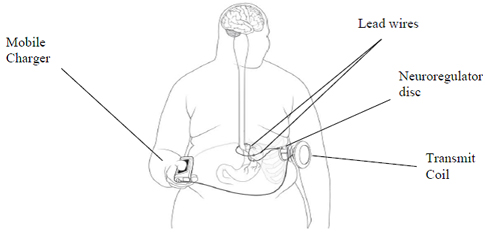Data from a preliminary report recently presented at the 2015 AACE 24th Annual Scientific & Clinical Congress that took place on May 13-17 in Nashville, TN show that Bariatric surgery was able to restore sudomotor peripheral C-fiber and cardiac autonomic function in patients with diabetes and obesity.
According to the researchers, sudomotor and cardiac autonomic dysfunction are predictors of mortality in diabetes, and nerve function restoration is rare.
“We proposed that the mechanisms by which bariatric surgery improve diabetes and cardiovascular mortality could be related in part to improvements in autonomic function,” said in an oral presentation Carolina M. Casellini, MD, a research associate at Eastern Virginia Medical School in Norfolk, according to a recent news release.
The researchers analyzed data from a population of 35 patients that underwent Roux-en-Y gastric bypass (n = 11) or vertical sleeve gastrectomy (n = 24). Anthropomorphic measurements were taken, and hands and feet neuropathy was assessed with Sudoscan, a device that measures galvanic skin response. The researchers also assessed time- and frequency-dependent cardiac autonomic function; neurologic impairment score of the lower legs, quantitative sensory, sural nerve conduction, and cold and warm perception threshold. These assessments were taken at baseline and after 12 and 24 weeks following surgery.
Results revealed improvements in neuropathy, which was observed by an increase in electrochemical skin conductance (ESC) in hands and in feet.
The researchers also found at 12 and 24 weeks an improvement in both autonomic and neurological function tests in body weight, BMI and body fat percentage.
Results also demonstrated that at week 24 the improvement in ESC of the feet were superior in type 2 diabetes patients with who had an abnormal ESC score at baseline, in comparison with non-diabetic patients. Statistical analyses also determined a correlation between ESC of the feet and body fat percentage, between both surgery types.
“Sudomotor function was independently associated with levels of HbA1c, insulin [resistance] and [homeostasis model assessment] index,” Casellini concluded.


